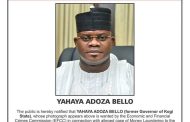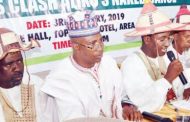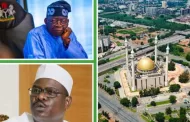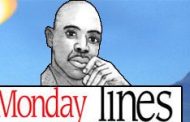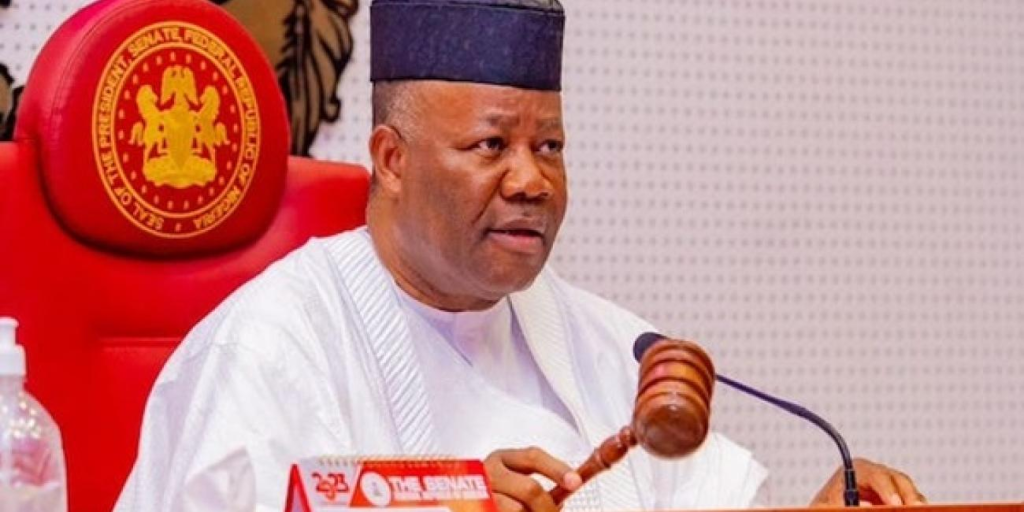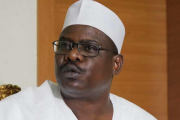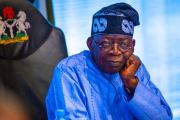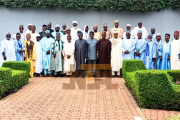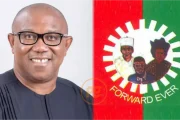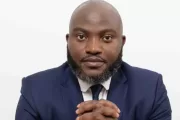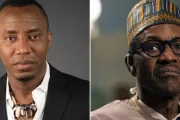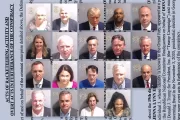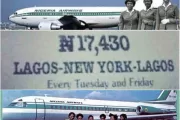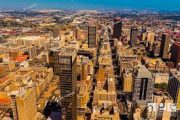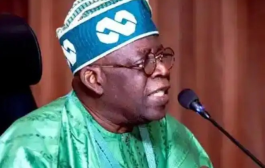Former editor, Time Asia
Published March 22, 2015This article is more than 2 years old.

My first collision with the peculiar majesty of Lee Kuan Yew’s Singapore came in 1986 when, as a junior cog at Time magazine, I edited a story on his government’s alleged harassment of its minuscule opposition party.
Big mistake.
Lee’s press chief sent in a lengthy refutation. I trimmed it to fit on the letters-to-the-editor page, and sent the changes back for Lee’s approval. The prime minister, I was told, wanted the letter published in full. I dithered. Weeks passed. One day the government cut Time’s circulation in the island-state by 90% as punishment for having “engaged in the domestic politics of Singapore.” Soon I found myself at the Istana government center inquiring sheepishly about mending relations.
Lee would not see me. Nine months and much lost circulation and advertising revenue later, the circulation ban was quietly lifted.
Over many years and visits, I watched with admiration and anxiety as Lee built Singapore into the most prosperous, efficient, and quirkily repressive regime in Asia. “Disneyland with the death penalty,” as cyberpunk writer William Gibson labeled it. The press was muscled into docility, political opponents were sued into bankruptcy, human-rights activists were hustled into jail. Drug dealers were hanged, rowdy schoolboys flogged. But the corruption rampant elsewhere in Asia was virtually unknown in Singapore. People were afraid to talk about anything controversial, but the economy boomed and personal income hit US levels. Singapore became the country western journalists loved to hate and hated to leave.
Perhaps Singapore’s greatest attraction for us was Lee himself. Ethnic Chinese but English-speaking (he learned Mandarin Chinese only in his 30s), Cambridge-trained and street-educated, he worked for Singapore’s Japanese occupiers and dabbled in the black market during World War II. He consorted with underground communists during the Malay peninsula’s move toward independence from Britain, and, after Singapore separated from neighboring Malaysia in 1965, built the resource-poor island into a regional power through sheer force of will.
He was a thoughtful interview subject, particularly incisive on the need for a strong US presence in Asia. Also pleasant company, though loathe to suffer fools like me. When, at some function two decades ago, I proffered a compliment that he seemed to be unusually fit “for a man your age.” He scowled, turned on his heel and walked away.
Though mocked for his authoritarian streak, Lee was at heart a progressive social engineer. He believed in the perfectibility of mankind, and his Singapore was a bubbling laboratory of schemes both sound and silly. He banned jukeboxes, chewing gum and Playboy (his successors added tobacco advertising and e-cigarettes to the list). He raised civil service salaries to private-sector levels to attract top talent and discourage payoffs: cabinet ministers today make nearly $1 million a year, five times as much as their U.S. counterparts.
Worried about overpopulation in Singapore’s early days, Lee launched the “Stop at Two” campaign that included subsidies for vasectomies. When the program succeeded a bit too wildly, it was replaced by the “Three or More” campaign, with subsidies for having vasectomies reversed. To improve the local gene pool, the “Graduate Mothers Scheme” offered special incentives to would-be moms with college degrees (most of them ethnic Chinese, whose fertility rates lagged those of the other major ethnic group, Malays). When the government concluded that young people were not marrying in sufficient numbers, it introduced the “Romancing Singapore” campaign, which sponsored river cruises and other match-making events for singles.
Romance and Singapore are words not often heard together in that famously nonsense-free zone, but Lee was clearly a man of passion—for his country and especially his vision of it. So convinced was he of his rightness that opposition was deemed not just unpatriotic but, worse, stupid. Lee’s results speak for themselves, but he rarely missed an opportunity to do it for them. In frequent articles and books, he expounded on matters great and small—like the proper room temperature for sleeping (66 degrees Fahrenheit).
When, in 1998, he finished the first volume of his memoirs, The Singapore Story, I timidly inquired on Time’s behalf about serial rights. They were secured without fuss, and Lee even volunteered to sit for a chat in a hotel room near my Hong Kong office.
He was, as ever, worried about America’s commitment to Asia. He was also having trouble getting comfortable in his chair. An aide brought more cushions. “My rear end hurts,” he said. “Getting old isn’t fun.” I trimmed the 700-page book down to a 7,500-word excerpt, which depicted the early years of an impatient young man who knew what he wanted, and sent it off for his comment. This time, he found nothing to complain about
LATEST POSTS
- Federal Gov’t Makes U-turn, Says New Minimum Wage To Take Effect From May 1, 2024
- Four officers dead, four wounded in US shoot!ng
- Sex for free Botox injections, UK-based Nigerian doctor loses licences
- Senators fight over seats in newly renovated chamber
- NANS plans nationwide protest over fuel scarcity, electricity tariff hike
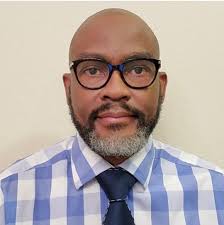
SUBSCRIBE TO OUR NEWSLETTER NOW
TEXT AD: To advertise here – Email ad@matazarising.com



